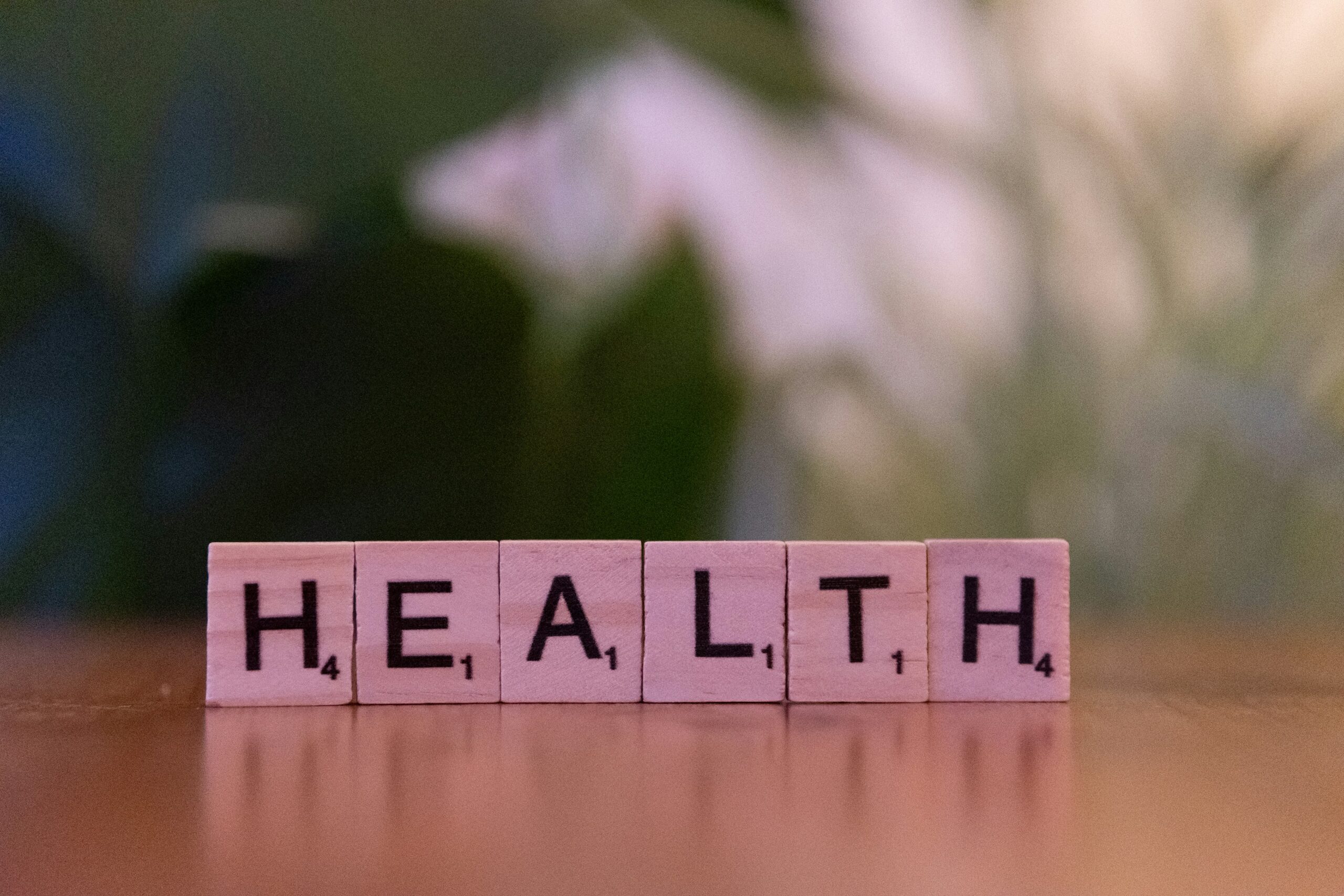Is Poor Emotional Health Holding You Back? 3 Life-Changing Strategies Revealed
Introduction
In today’s sharp-transport world, where productivity is allowed and the Udhaham culture is glamorized, emotional health often takes the back seat. We push through stress, ignore our emotions and use burnout as a respect of respect. But what if the invisible weight you take is not just fatigue – this poor emotional health is silent army your ability?
Emotional health is not a luxury. It is the cornerstone of general health, in the form of diet, exercise or sleep. When your emotional welfare is compromised, from each field of your life, from career to physical vitality. Good news? You are not powerless. With the right strategies, emotional health can be nurtured, restored and elevated to change your life.
Let’s see how bad emotional health can capture you back and three life -changing strategies that can free you.
Table of Contents
The Hidden Cost of Neglecting Emotional Health
Emotional health refers to your ability to understand, handle and express your feelings in healthy ways.It is about flexibility, self, and ability to cope with life’s ups and downs. When this foundation is weak, the results move beyond.Think about this:
Chronic stress and unresolved feelings can trigger inflammation, impair immunity and can increase the risk of heart disease.
Anxiety and depression are interrupted sleeping, poor concentration and low motivation.
Unprotected grief or suppressed anger can appear as irritability, conflicts of relationship or even physical pain.
According to the World Health Organization, mental and emotional disorders affect more than 970 million people globally. Still, many people suffer in silence and believe that their struggle is normal or noticeable.This generalization of emotional crisis is the biggest threat to general fitness today.
Poor emotional health doesn’t mind you – it prevents you from living completely. It deletes the decisions of clouds, self -and blocks personal development. Whether you strive for career success, deep relationships or inner peace, emotional imbalance is a quiet obstacle.
But here is success: Emotional health is not resolved. It is a skill – that can be developed, strong and masters.
Strategy #1: Cultivate Emotional Awareness (The Foundation of Health)
The first step towards transformation is awareness. You can’t heal what you don’t well known.
Most folks perform on emotional autopilot. We react to conditions without knowledge the underlying feelings driving our behavior. Anger at a coworker may surely stem from worry of failure. Procrastination could be rooted in perfectionism and self-doubt. Without emotional focus, we misdiagnose our struggles and follow ineffective answers.
So how do you build emotional recognition?
Start with a Daily Emotional Check-In
Set aside five mins every day—morning or nighttime—to invite yourself:
“How am I simply feeling proper now?”
Name the feelings. Don’t just say “first-class” or “okay.” Dig deeper.Are you disturbing? Overwhelmed? Numb? Joyful? Guilty? Use a feelings wheel if had to pinpoint unique feelings.
Journal with Intention
Writing enables manner feelings. Try this prompt:
This easy structure connects emotions to triggers and unmet wishes—revealing styles over the years.
Practice Mindful Observation
Instead of judging your feelings (“I shouldn’t sense this manner”), have a look at them with interest. Think of your feelings as messengers, now not enemies. Ask: What is this feeling trying to tell me?
When you domesticate emotional consciousness, you reclaim strength. You stop being dominated by using unconscious reactions and begin making conscious alternatives aligned together with your values and desires. This shift is the bedrock of lasting fitness.
“Awareness is the greatest agent for change.” – Eckhart Tolle.
Strategy #2: Rewire Your Inner Dialogue (The Mind-Health Connection)
Your internal voice shapes your reality. If it is stiff, important or defeated, it becomes a tireless subtur.Imagine two people facing the same challenge – say, interview a job.
One thinks, “I’m not very good. I want to mess it up.”Others think, “I’m ready. I’ve found it.”What do you think is doing better?
Negative self-discussion is not only discouraged is toxic and toxic to physical fitness. Studies show that chronic self -criticism increases cortisol (stress hormone), weakens immune function and accelerates aging. Conversely, self-compulsion reduces anxiety, improves flexibility and improves welfare.
So how do you start your internal dialog again?
Challenge cognitive deformities
Our minds often lie to us. Common distortions include:
All-or-what is whatever thinks, “If I’m not right, I’m failing.”
Destruction: “This error will destroy everything.”
Mind reading: “They probably think I’m stupid.”
Stop when you catch yourself in these patterns. Ask:
“Is that thoughtful? Proof the evidence it? What would I say to a friend in this situation?”
Practice your self-compassion
Dr. Christine NAF, who heads self -folks research, defines it to treat herself with the same kindness you offer to a dear. Try this practice:
Hold your hand on your heart and say:
“It’s hard right now. I can do the best.
Change the decision with curiosity
Instead “I’m so stupid to fail,” Try: “What can I learn from this experience?”
It is a matter of shame in development. This small change promotes flexibility and emotional agility.Over time, your internal voice from a critic of a coach becomes. And when your thinking changes, by the way, your health feeling and even physically.
Strategy #3: Build Emotional Resilience Through Connection and Purpose
Humans are stressed for connection. Isolation is one of the best threats to emotional health, while meaningful relationships are effective healers.But connection isn’t pretty much having human beings around you—it’s about being seen, heard, and valued. And purpose? It’s the emotional anchor that offers life meaning, particularly in the course of difficult instances.
Here’s the way to support both:
Prioritize Authentic Relationships
Surround your self with people who uplift you—no longer simply those who are handy. Have as a minimum one person on your existence with whom you can express your real emotions without worry of judgment.Vulnerability breeds intimacy, and intimacy heals.If you’re struggling to attach, start small:
Share a non-public tale with a trusted pal.
Join a guide group or community with shared pastimes.
Seek a remedy—from time to time the deepest connection starts with a professional manual.
Find Your “Why”
Purpose isn’t approximately grand achievements. It’s approximately contributing some thing meaningful—whether that’s elevating kind kids, developing art, mentoring others, or advocating for a cause. Ask yourself:“What gives me energy? When do I lose track of time? How do I want to be remembered?”
Your answers factor to your purpose.
Engage in Acts of Service
Helping others boosts your emotional fitness.Volunteering, taking note of a pal in crisis, or maybe small everyday kindnesses launch oxytocin and serotonin—natural mood enhancers.Service reminds you which you matter, and that’s a effective antidote to emotional pain.When you build connection and purpose into your life, you create an emotional protection internet. Setbacks still harm, but they don’t outline you. You get better quicker. You feel grounded. You sense alive.
And that’s the essence of genuine health—now not the absence of pain, however the presence of power.
The Ripple Effect of Emotional Health
Improving your emotional health will not benefit you. It creates a wave effect.
When you are emotionally balanced, you show your partner, your kids, your team better at work. You make intelligent decisions. You communicate with sympathy. You also motivate others to do so. Imagine a world where emotional health is preferred over physical form. Where schools learn emotional intelligence. Where jobs support mental welfare. “How are you?” Has been black with honesty – and met compassion.
That world starts with you.
Your invitation to a healthy, full life
Poor emotional health should not be your standard. You don’t have to push through pain, you feel good or wonder why you’re stuck.You have the power to change.
Start today.Stop and feel. Mention your feelings without a decision.Talk yourself. Change criticism with compassion.Arrive out and give it. Create a connection. Live with purpose.
These are not quick reforms – they are lifetime practice. However, every step that strengthens your emotional basis unlock your ability and improves your overall health.Because real health is not just a strong body. It is a flexible brain, a nutritious heart and a soul worth it.You deserve it. And the world needs you, alive, emotionally good.
Emotional health is not a destination.This is a journey. And every moment you choose consciousness, kindness and compound, you are not just medical – you are not rich.Take the first step. Your health depends on it.
1. How does poor emotional health affect daily life?
It can reduce focus, damage relationships, lower motivation, and increase stress, making it harder to achieve goals.
2. What are quick ways to improve emotional health?
Practice mindfulness, talk to someone you trust, and engage in regular physical activity.
3. Can emotional health impact physical health?
Yes—chronic stress and unresolved emotions may lead to issues like high blood pressure, weakened immunity, and sleep problems.










